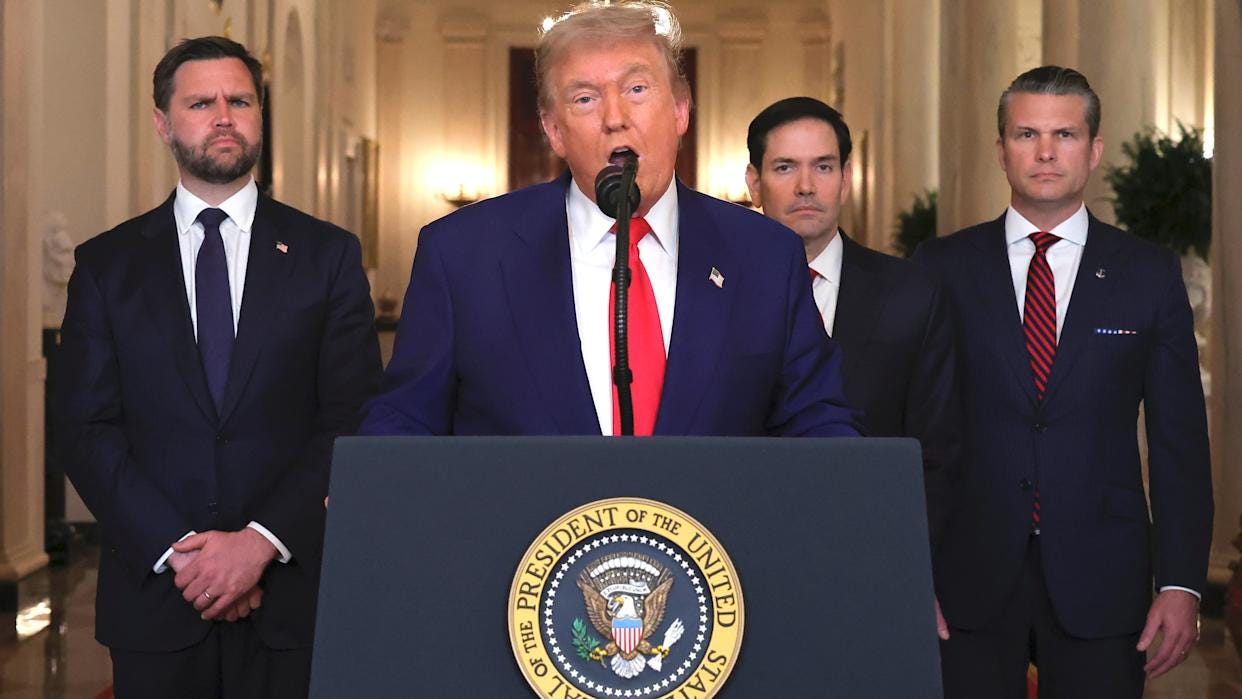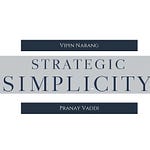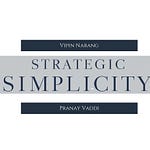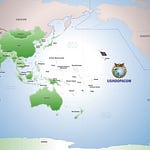
Today, I’m joined by Eric Brewer, a Deputy Vice President for the Nuclear Threat Initiative’s Nuclear Materials Security Program and former National Security Council Director for Counterproliferation, and Corey Hinderstein, a vice president for studies at the Carnegie Endowment for International Peace, overseeing the Technology and International Affairs Program, the Nuclear Policy Program, and the Sustainability, Climate, and Geopolitics Program, and recently she was the acting principal deputy administrator for the National Nuclear Security Administration and the deputy administrator for Defense Nuclear Nonproliferation. In addition to leading two leading D.C.-based organizations on nuclear policy and nonproliferation, both Eric and Corey spent a lot of time thinking about Iran’s nuclear program in their government careers.
We recap our understanding of Operation Midnight Hammer, the U.S. air and missile strikes against Iran’s nuclear facilities in Fordow, Natanz, and Esfahan; how “complete” the success may or may not have been with regard to Iran’s centrifuges, enriched uranium stockpiles, and other important aspects of the program (as well as the way U.S. intelligence is being discussed publicly, including by U.S. officials); and, what Iran may do next with its nuclear program. We spend a little time talking about Esfahan specifically, as this site is the subject of intense scrutiny in press and open-source analysis circles as it may be the location of Iran’s 60% uranium stockpile and any surviving aspects of the nuclear program in hard-to-get-to tunnels.
We also try to analyze the prospects for renewed diplomacy, the bad options available for Iran and how Iran may shift its nuclear strategy moving forward, and the potential for Iran to accept zero enrichment.
The conversation shifts to considering the broader impacts the U.S. and Israeli attacks may have on the NPT, nonproliferation regime, its participants and proliferation-curious states. Finally, we end by listing our priorities for any potential diplomacy - resuming verification and monitoring - and I easily convince Eric and Corey to come back onto the pod to talk about Section T for 2 or 3 hours.
Follow Corey:
@CoreyAH
@coreyah.bsky.social
Follow Eric:
@BrewerEricM
@ebrewer.bsky.social
Recent work:
Corey, @ Carnegie’s “Emissary” blog: “Cutting Nuclear Nonproliferation Funding Will Undermine U.S. National Security“
Eric in Foreign Policy last week: “Israel’s Attacks Make an Iranian Bomb More Likely”
Note: we recorded this podcast just before Iran’s missile retaliation against Al Udeid air base in Qatar, and before President Trump’s announcement of a “complete and total ceasefire.”
Intro/outro music licensed by Soundstripe: “The Iron Curtain” by Wicked Cinema.
Recording and edits through Riverside.fm.













Share this post